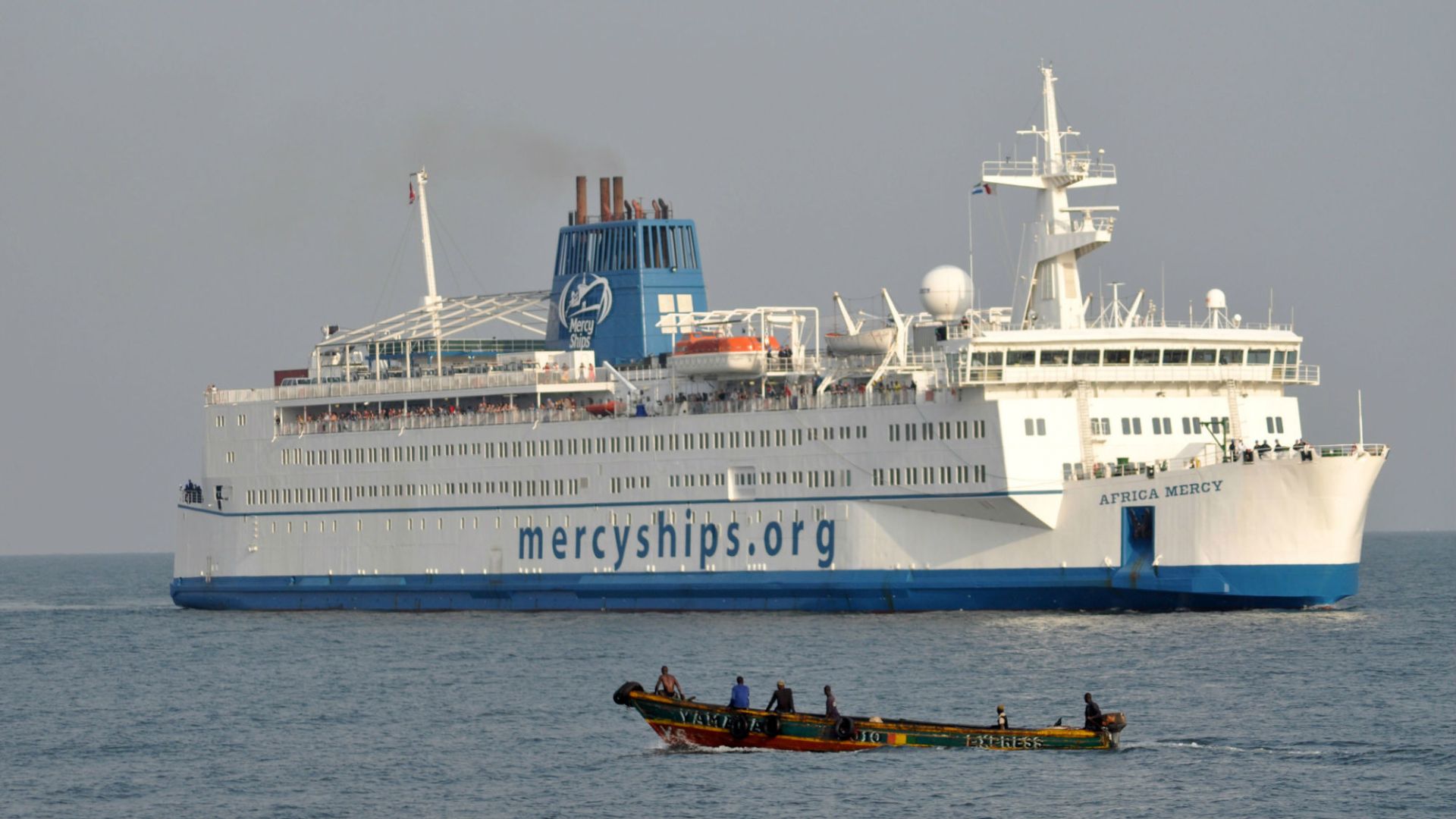The deadly Ebola outbreak in West Africa, which has killed 1,145 people so far, is causing Christian ministries to cancel or postpone activity in the region.
Yesterday the African Evangelical Association, a continent-wide group of pastors, educators, and Christian leaders, announced that the organization was postponing its annual General Assembly due to the viral pandemic that has killed people in Guinea, Liberia, Nigeria, and Sierra Leone. The November meeting was scheduled to occur in Accra, Ghana, which has no Ebola cases so far.
Region-wide, there are at least 2,000 cases. There is no known cure for Ebola, which is spread by direct contact with bodily fluids. But physicians have treated a handful of infected individuals with ZMAPP, an experimental drug, including two Americans with Samaritan’s Purse.
However, African health care workers have been hit hard with 80 fatalities from Ebola, according to the World Health Organization (WHO).
“It is improbable to move the meeting to another venue at this stage, knowing we will be disenfranchising our brothers and sisters from the West Africa region from attending the General Assembly. Despite this, we need to stand in solidarity with them in prayer and fasting,” Aiah Foday-Khabenje, AEA General Secretary, said. “Traveling within the region is currently restricted. International conferences in Ghana have been banned for the next three months, at least.”
Also on Monday, Mercy Ships, which operates the Africa Mercy hospital ship, announced that the Africa Mercy was due to sail for the port of Cotonou, Benin, for its 10-month field service last week, but has delayed its departure pending further assessment due to the virulence of the outbreak in neighboring Nigeria. In April, Mercy Ships made the difficult decision to cancel the hospital ship’s planned deployment to Guinea, where the Ebola outbreak began last December.
“Currently docked in the Canary Islands, following the vessel’s annual maintenance phase, the 16,500-ton Mercy Ship is designed to deploy specialized surgical expertise and educational support. It is unequipped to treat viral epidemics,” according to the charity’s president and founder Don Stephens.
“Multi-bed wards and limited isolation facilities, close proximity to crew accommodation and dining for families and children are but a few restraints,” Stephens said. “We also hire 200 day crew in each port as part of our training and capacity building for Africa.”
“Africa is and remains our priority, but crew safety drives every decision,” he emphasized. “We request prayer as we consider all options to manage the risk, including deployment to other unaffected nations.” This ship’s crew of 400 represents 40 nations, with up to 60 children onboard at any time.
In additional remarks to CT, Stephens said, “Many early symptoms of Ebola are similar to malaria and other diseases. During our more than 20 years of involvement directly within Africa, this type of contagious situation is unprecedented, in my recollection.”
WHO predicts that the number of untracked Ebola cases will be very high. Stephens said, “A Mercy Ship in port becomes a strong magnet for thousands of people. During the next 10-month port stay, Mercy Ships would expect to provide more than 2,400 surgeries for adult and child patients onboard ship, to treat more than 18,000 at land-based dental and eye clinics renovated for the purpose, and provide holistic healthcare education to over 160 healthcare professionals and 800 community leaders.”
Other health-care charities have also pulled medical professionals out of West Africa, including the HEARTT Foundation (Health Education and Relief Through Teaching).
The New York Times reported that in Liberia, a nation of 4 million, there are only 250 physicians remaining in the country after many of them left the country to avoid infection:
The locals’ seeing this mass exodus of expatriates has contributed to the sense that there’s an apocalypse happening and they’re in it on their own,” said Raphael Frankfurter, executive director of the Wellbody Alliance, which provides clinical services in a diamond-mining district of Sierra Leone bordering Guinea, where the outbreak began. Mr. Frankfurter, too, sent his four American volunteers home for fear they might fall ill. They left behind 160 Liberian staff members. “It’s certainly not in line with our values, because it’s just such a glaring inequality,” he said. But “it’s a very scary place to get sick right now.”
In Monrovia, Liberia, local residents attacked an Ebola quarantine facility, causing possible carriers of the virus to flee. Some of the residents believe the epidemic is a hoax or fraud, while others object to patients from throughout Liberia congregating in one local slum community.
On Aug. 7, Ken Isaacs, a vice president with Samaritan’s Purse, said at a U.S. congressional hearing, “I will say Ebola is out of control in West Africa, and we are starting to see panic now.” The organization is operating the Foya Case Management center in northern Liberia. Doctors Without Borders is also active in treating Ebola in the region.









